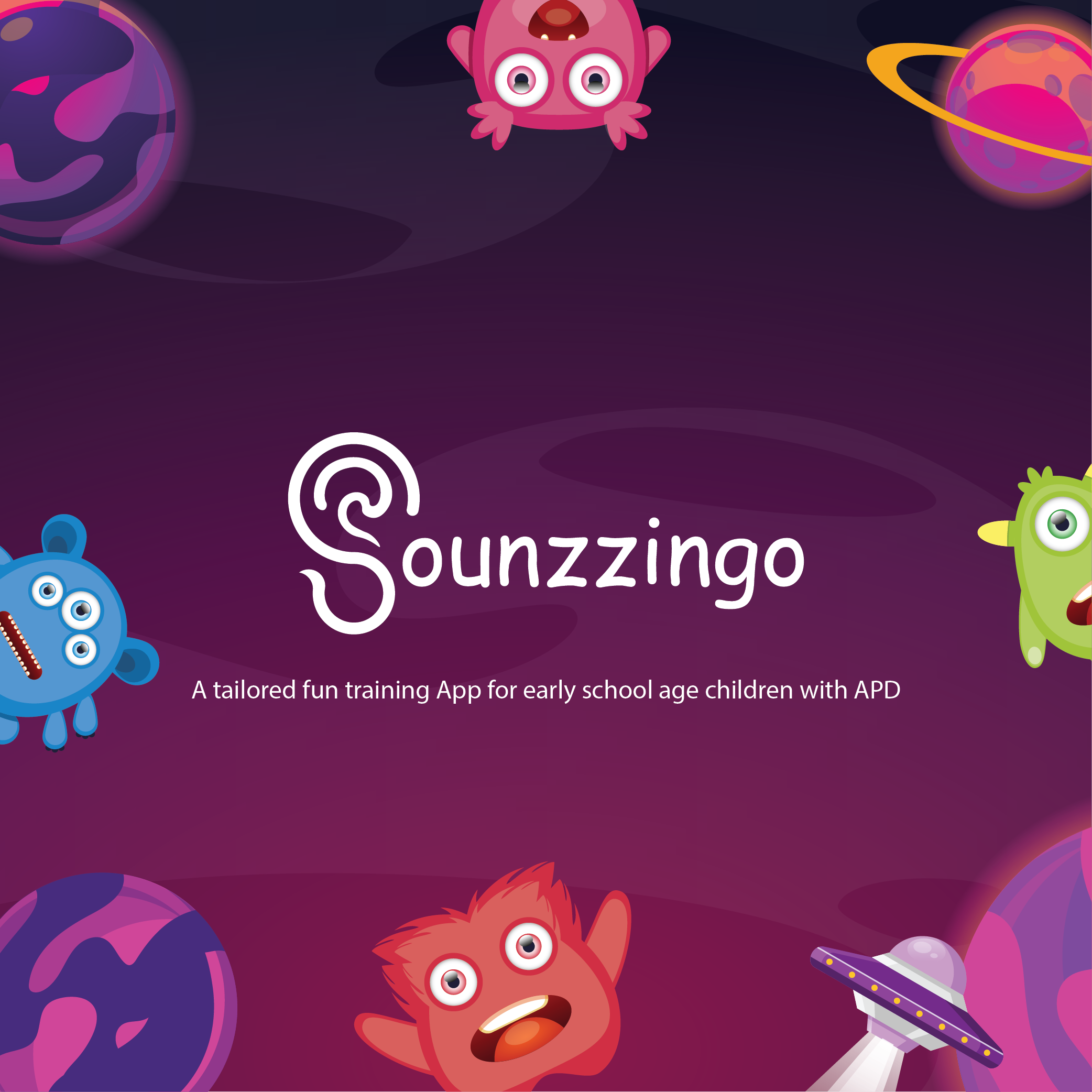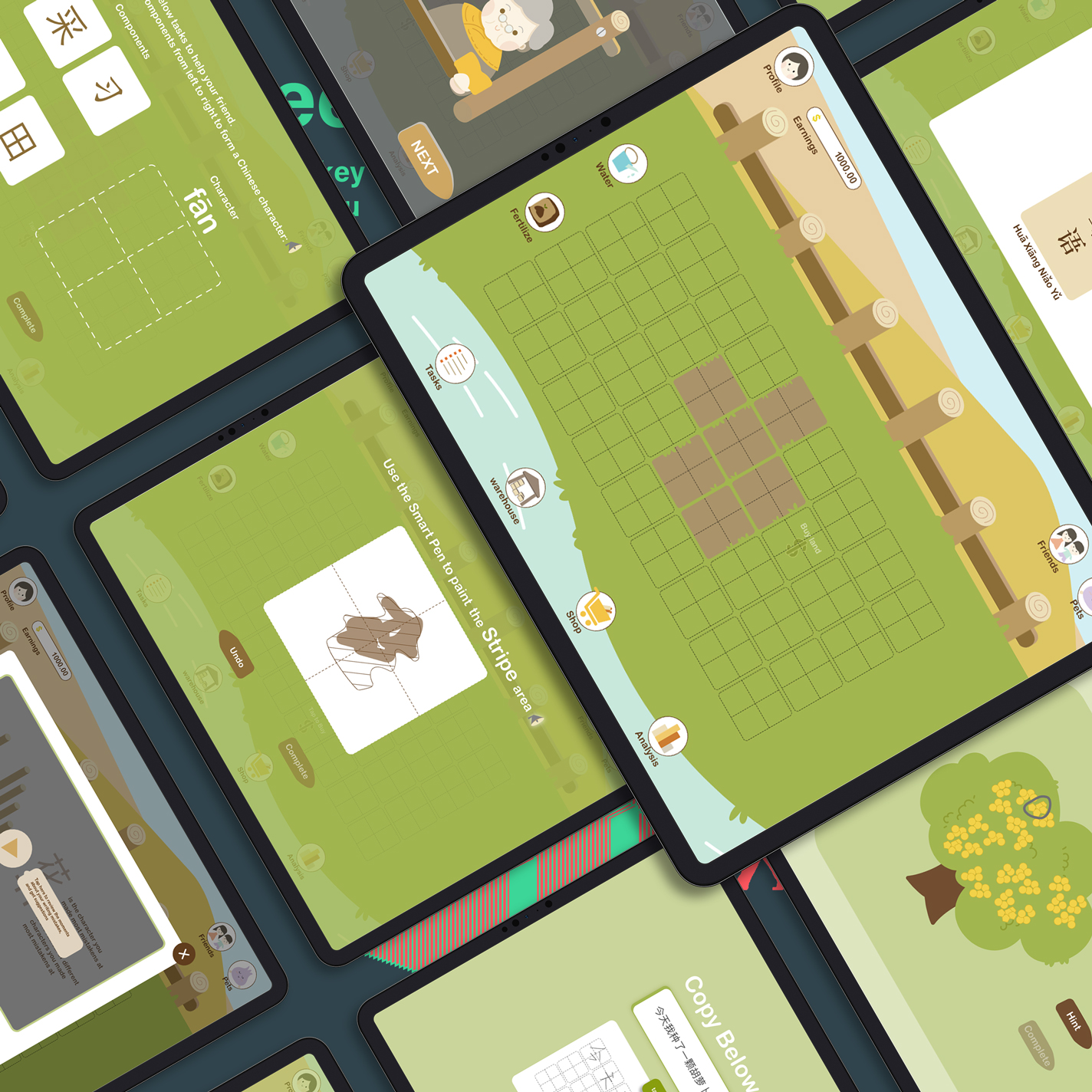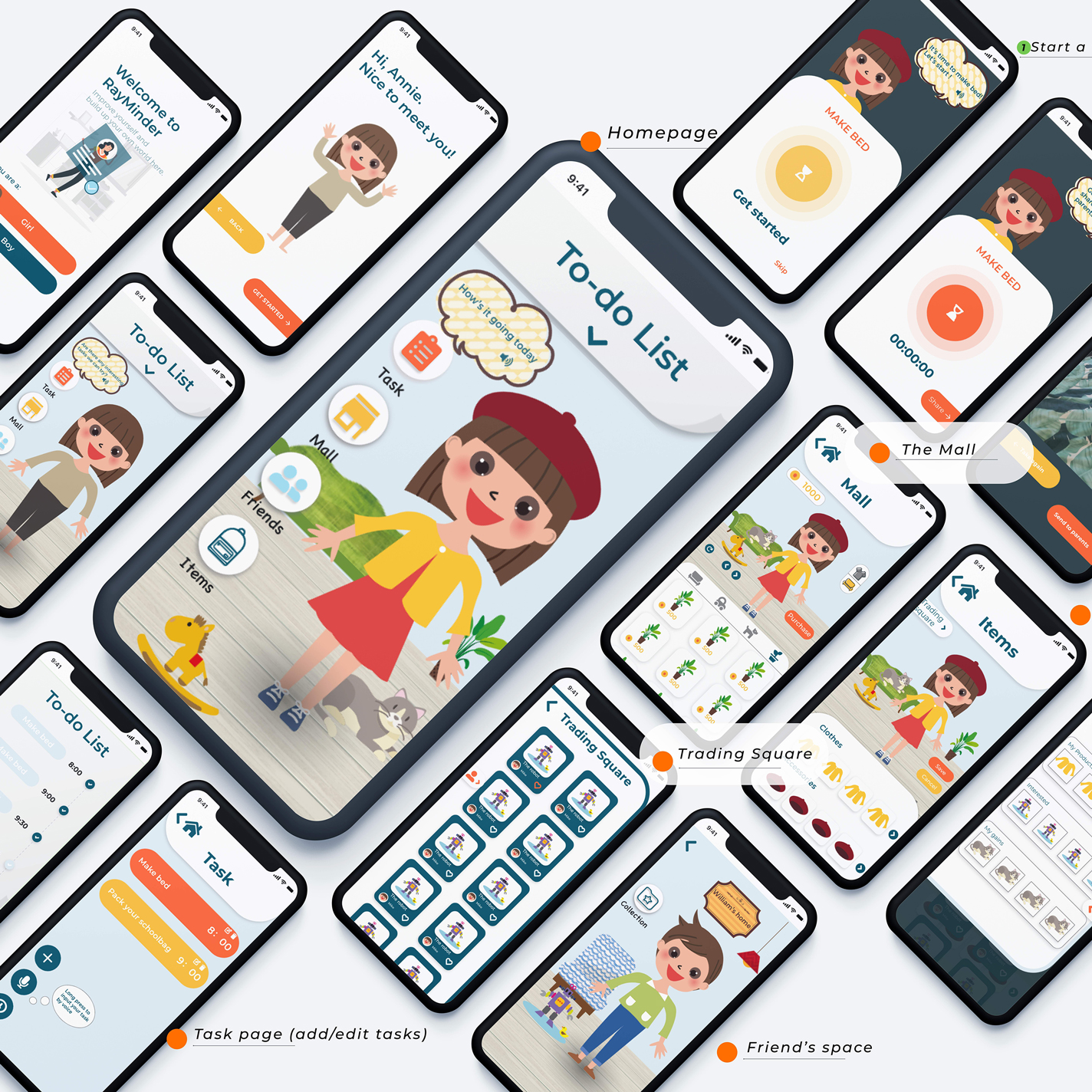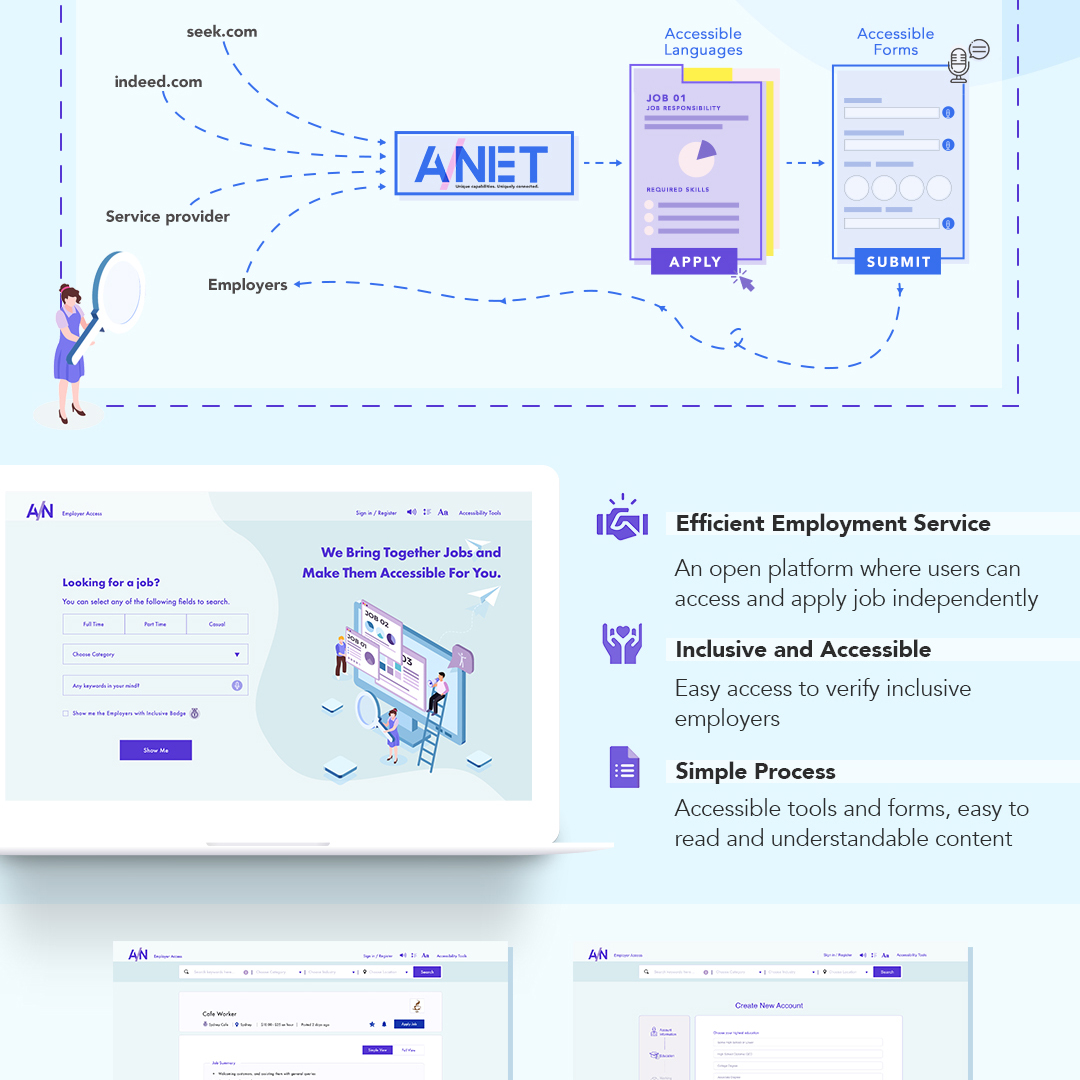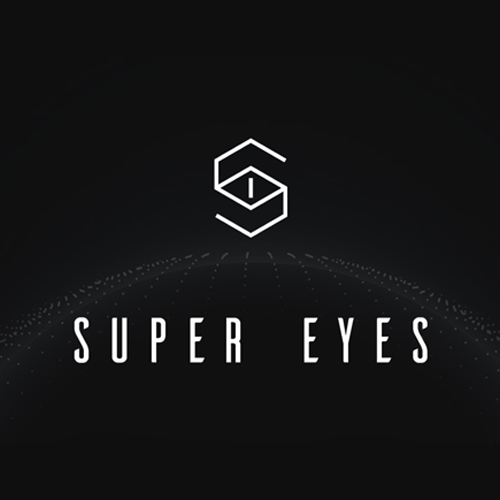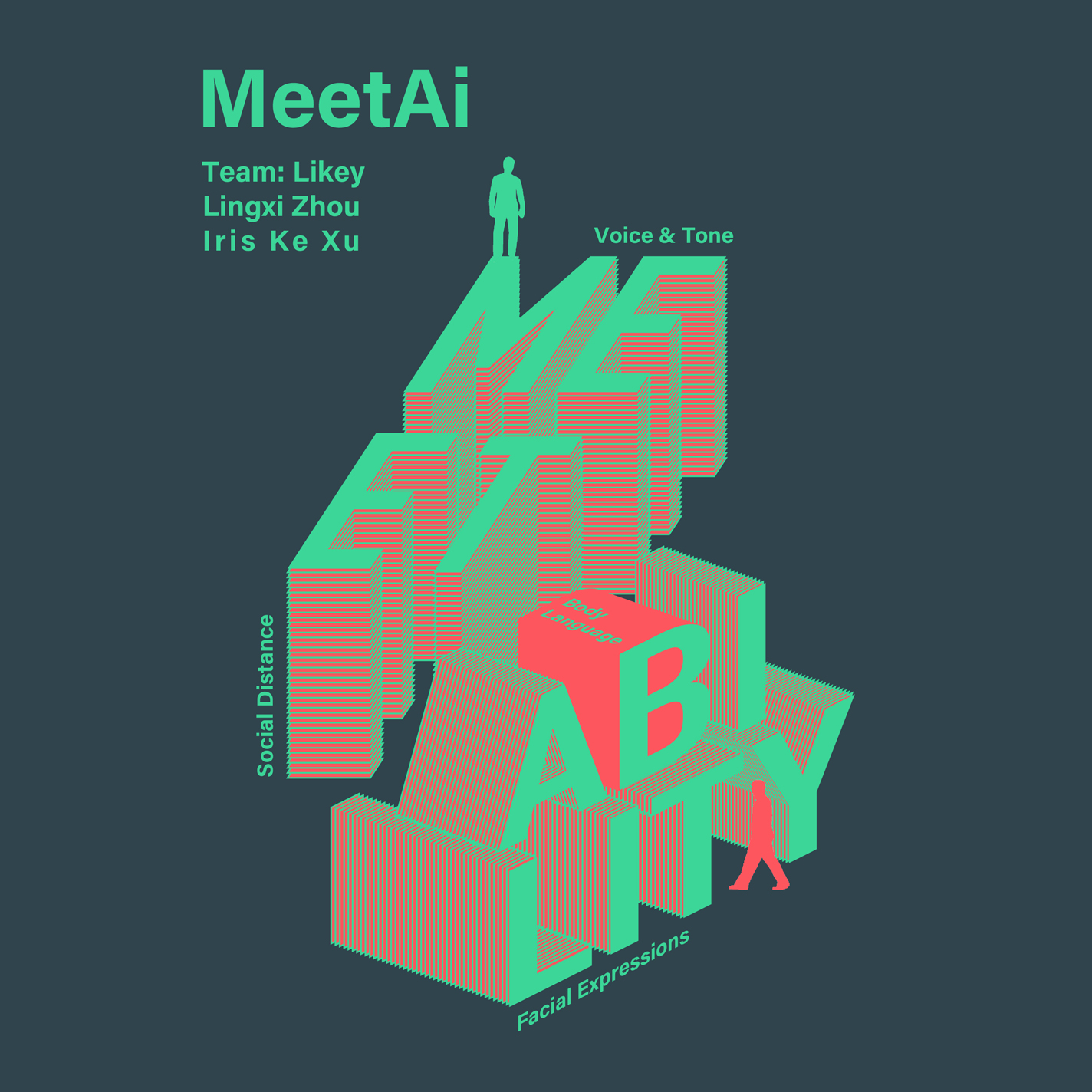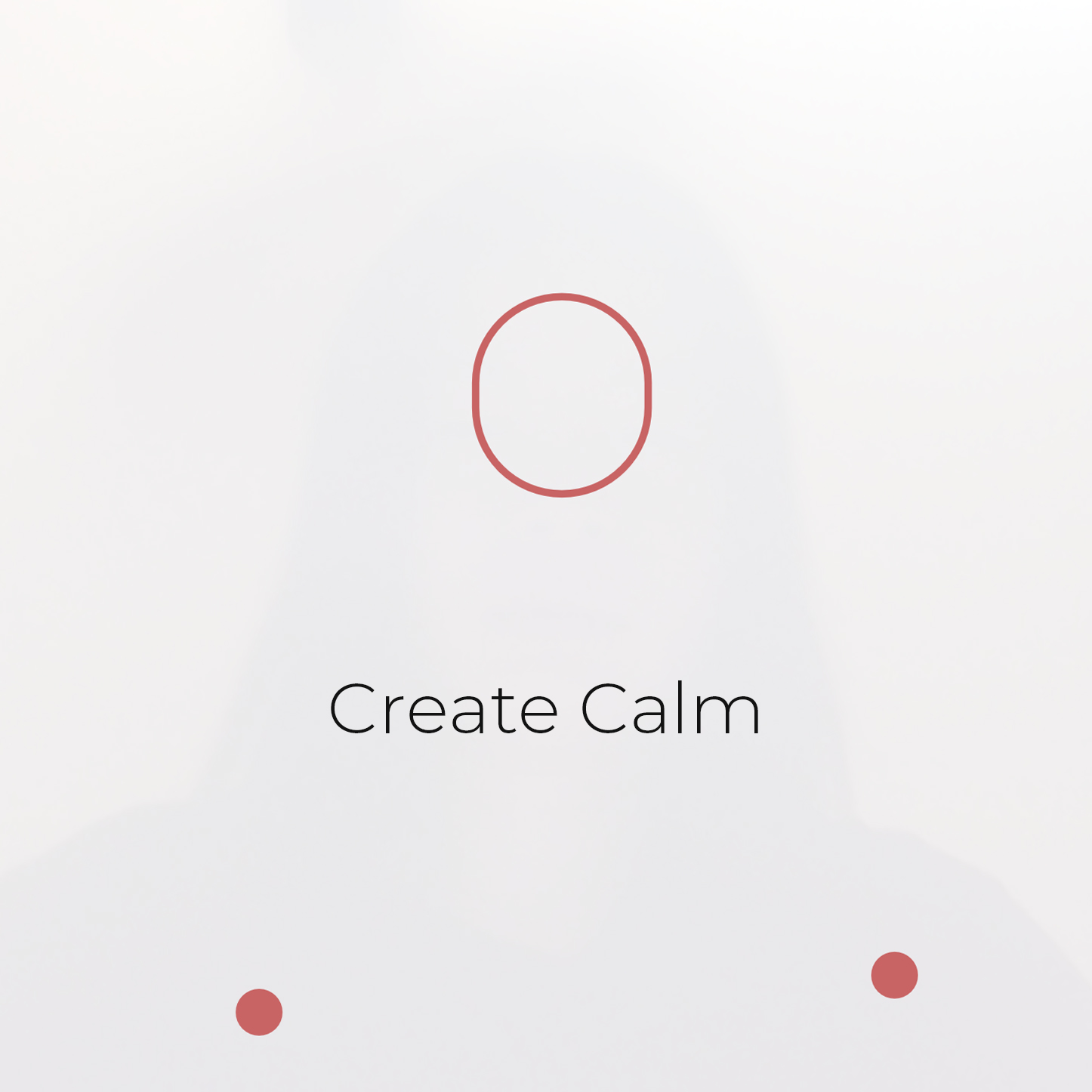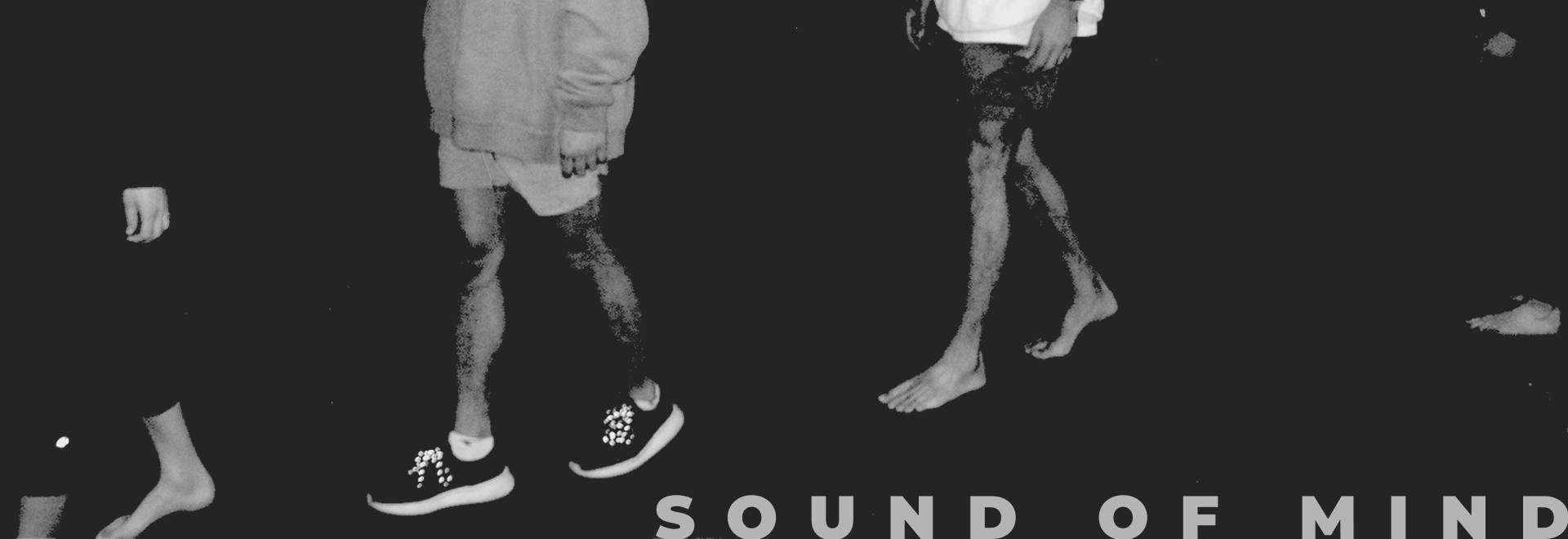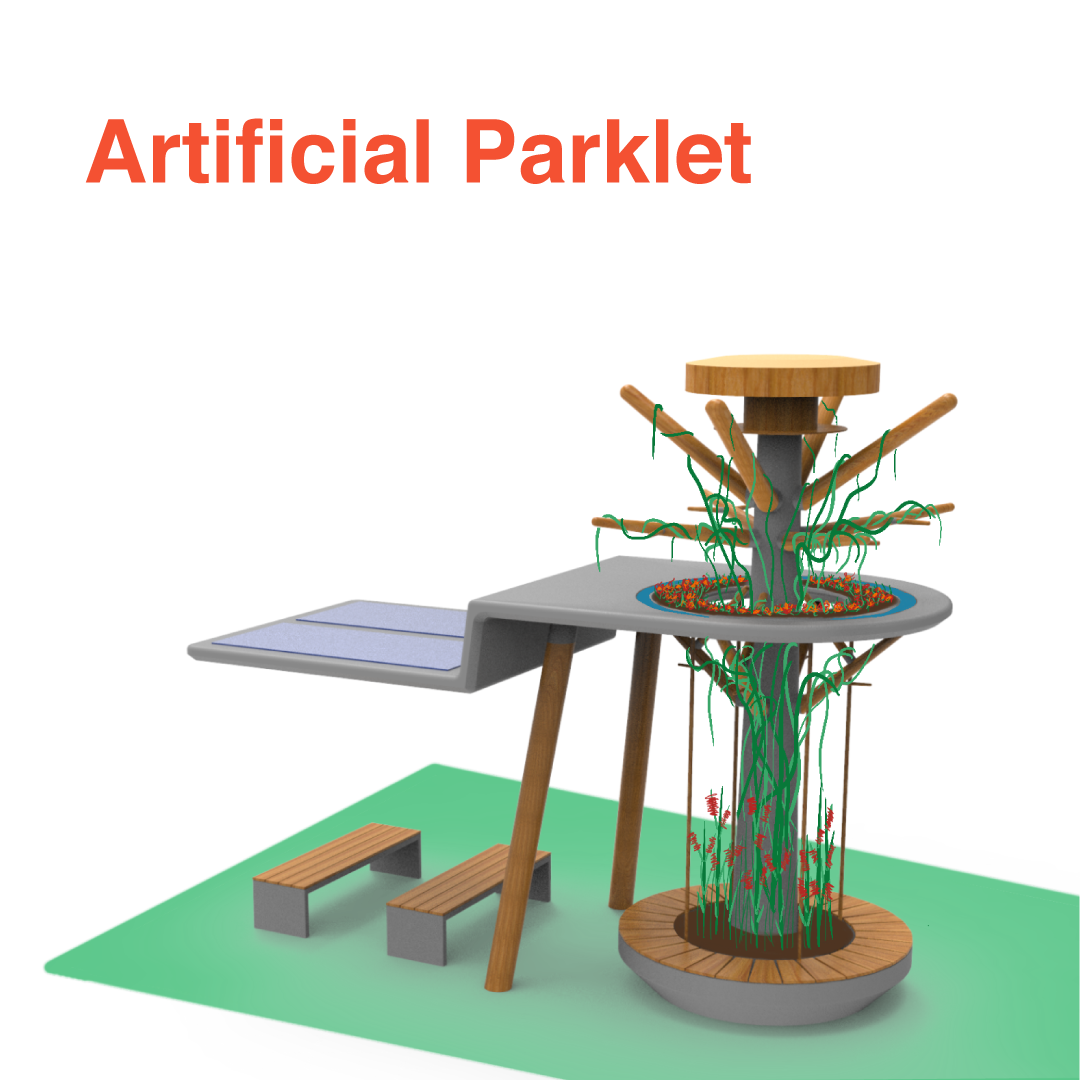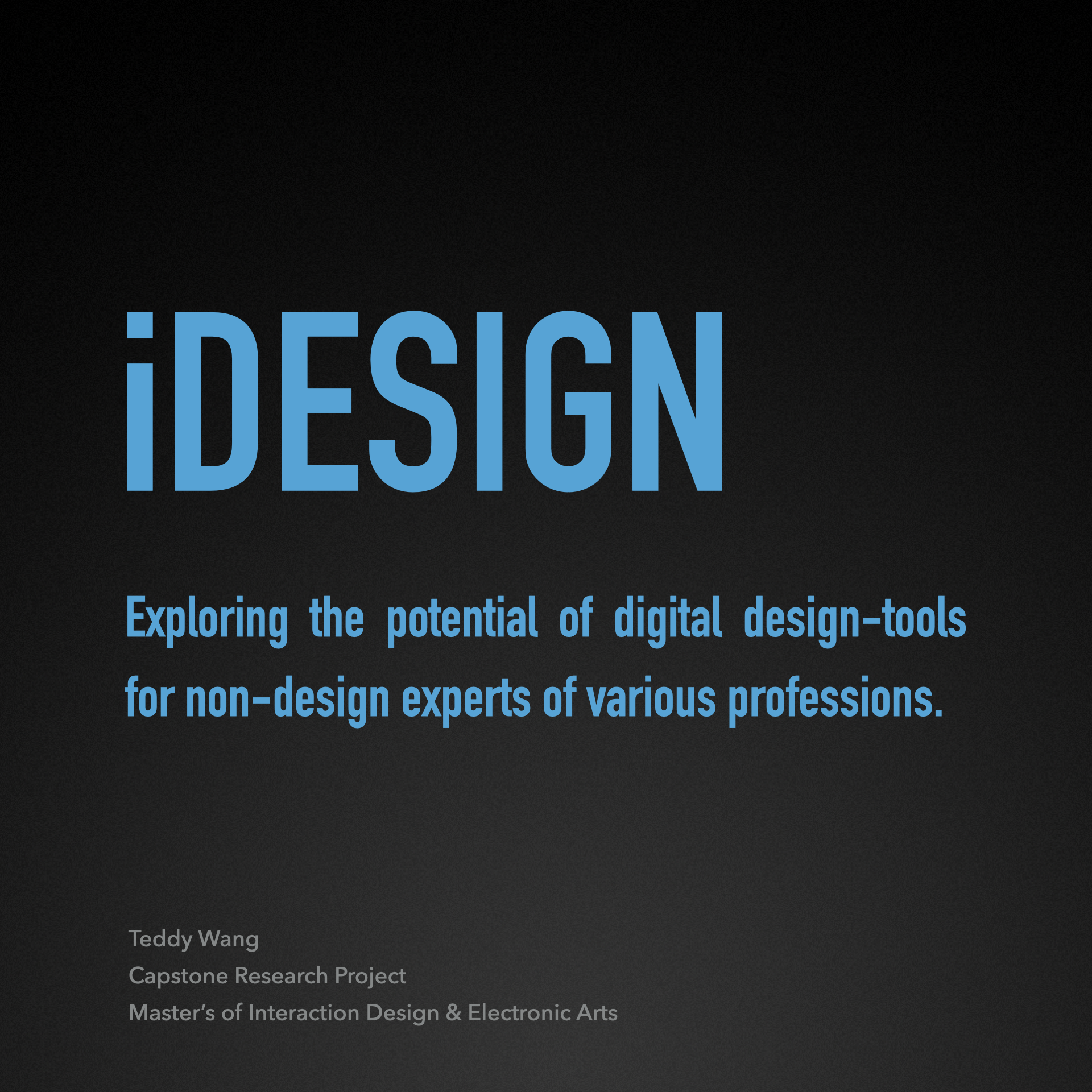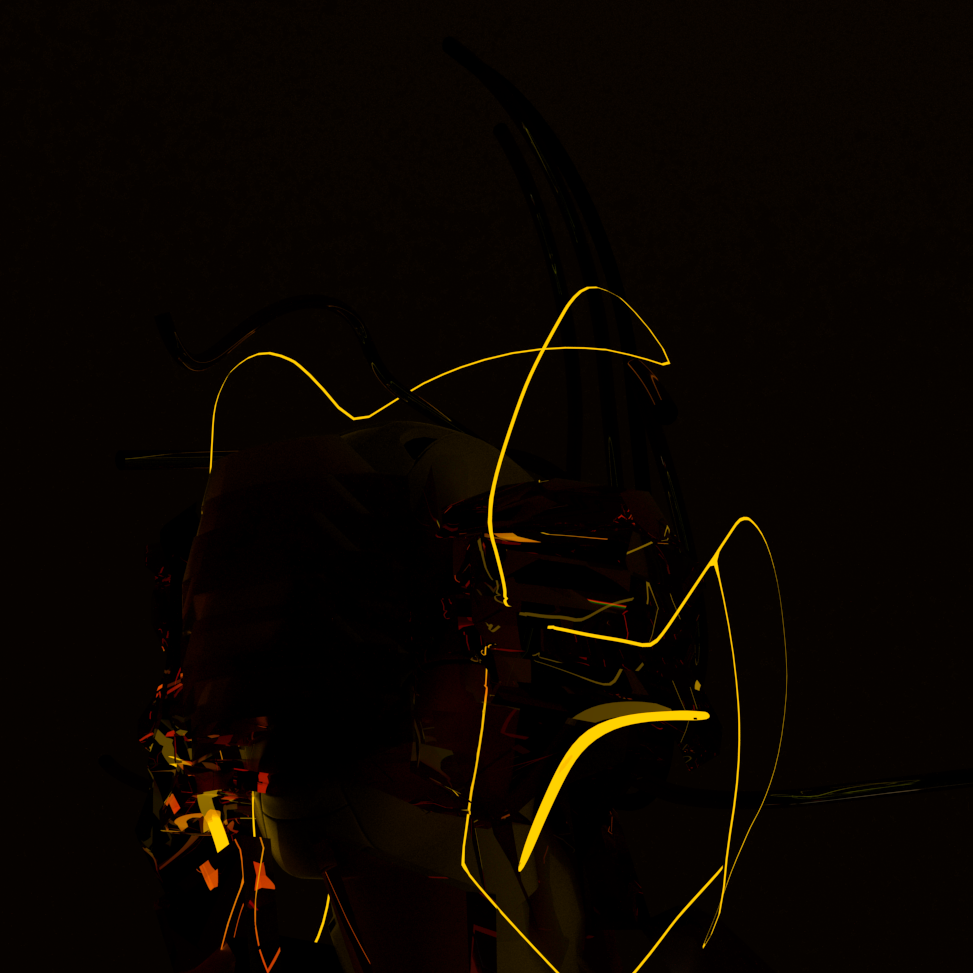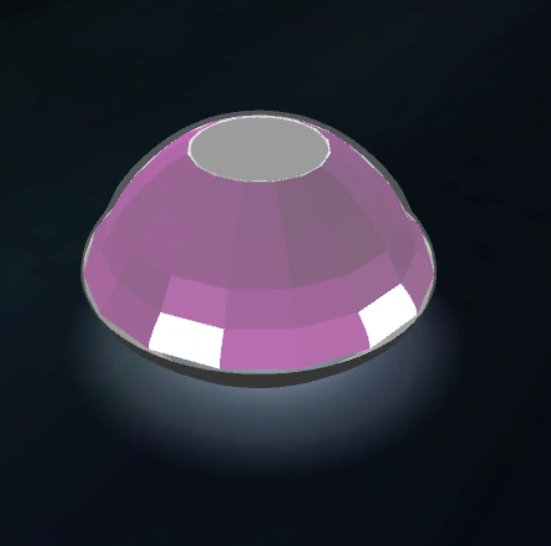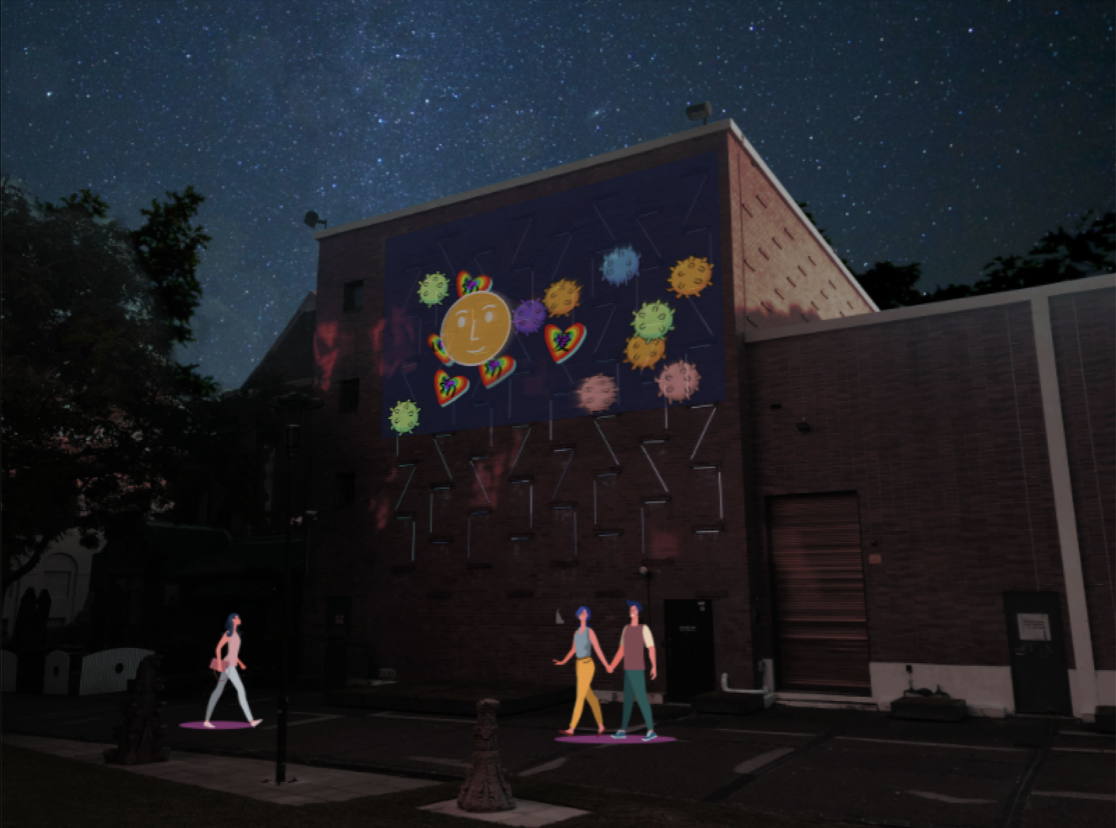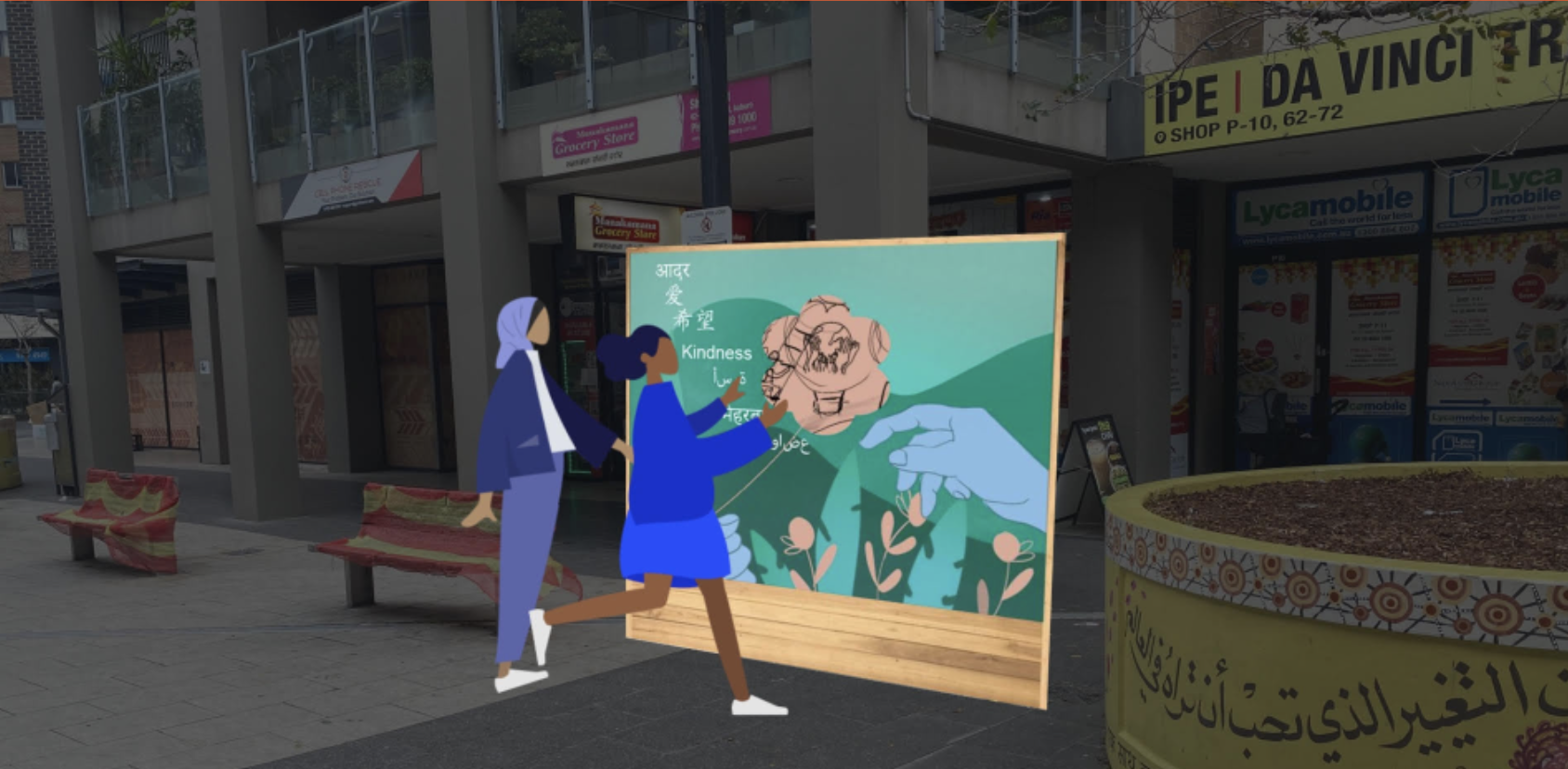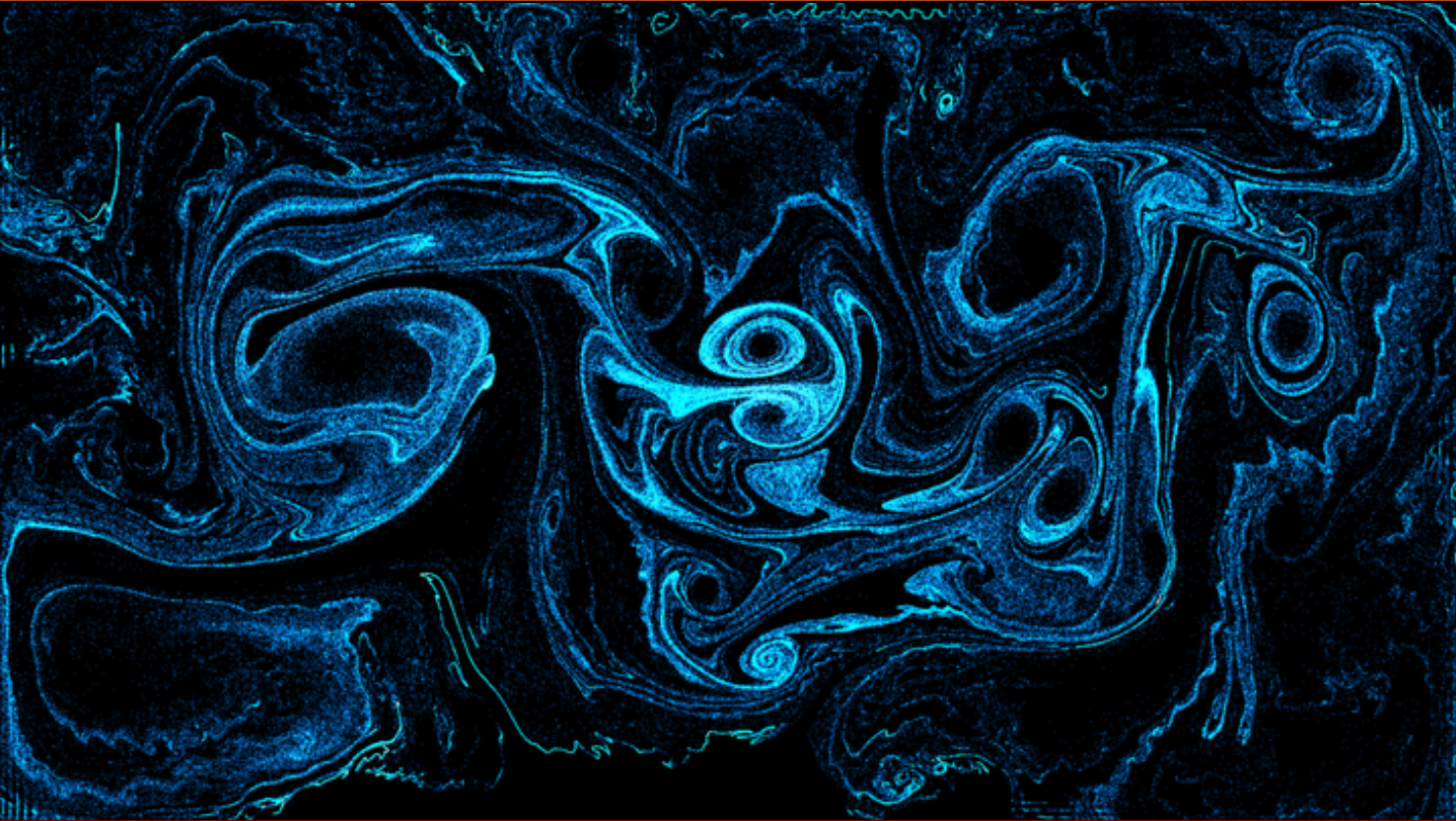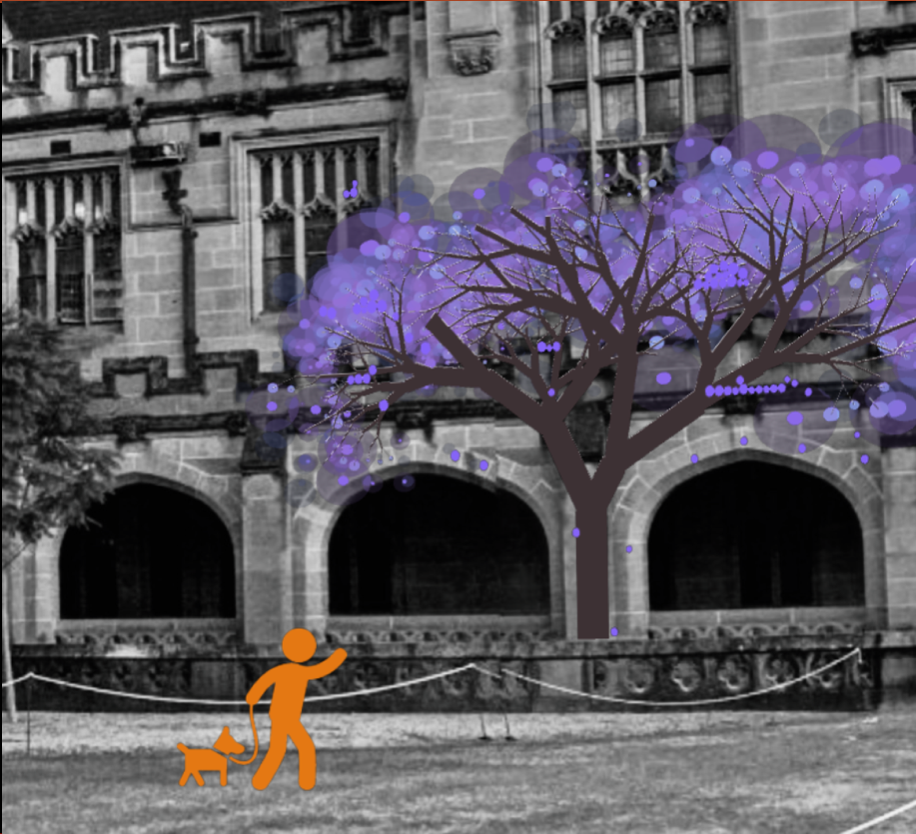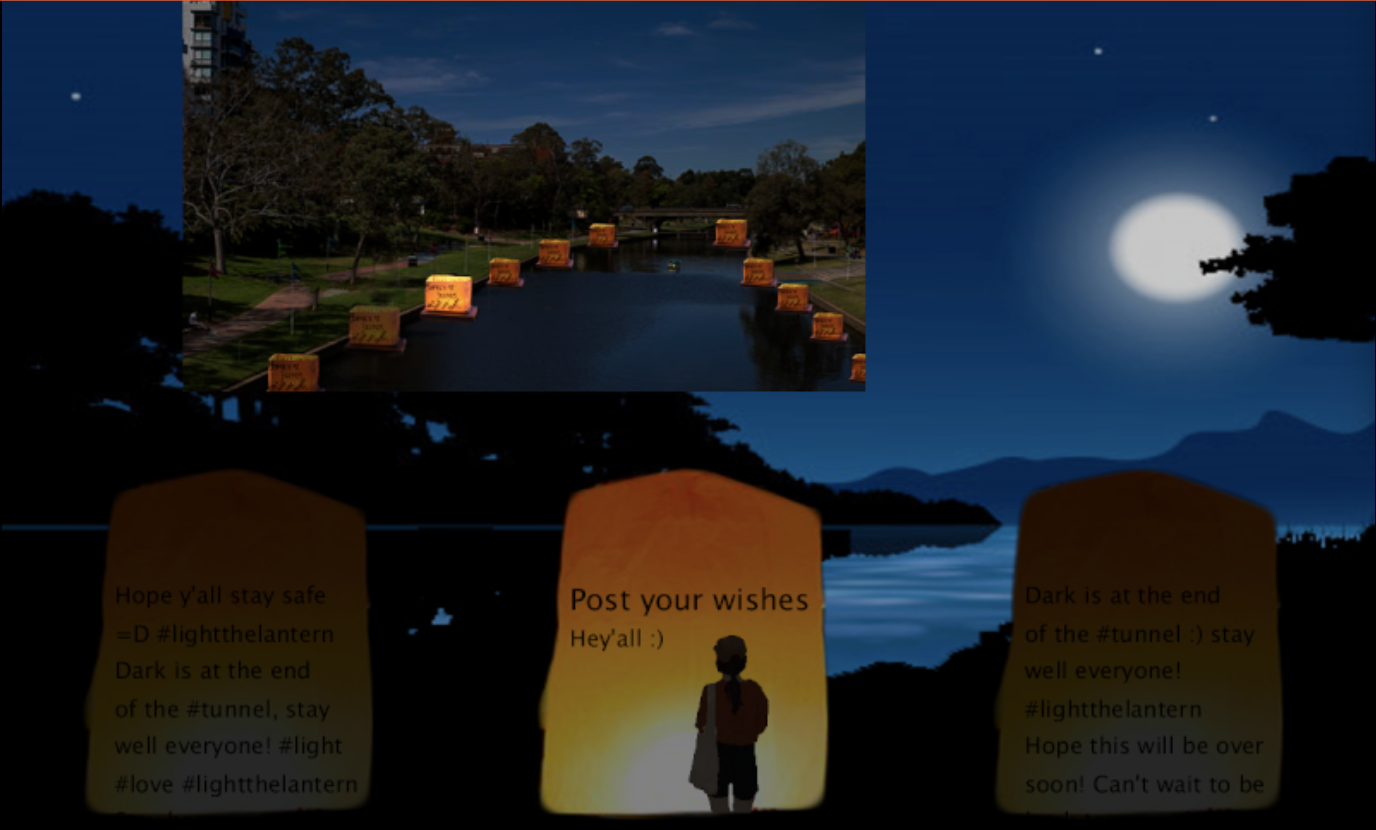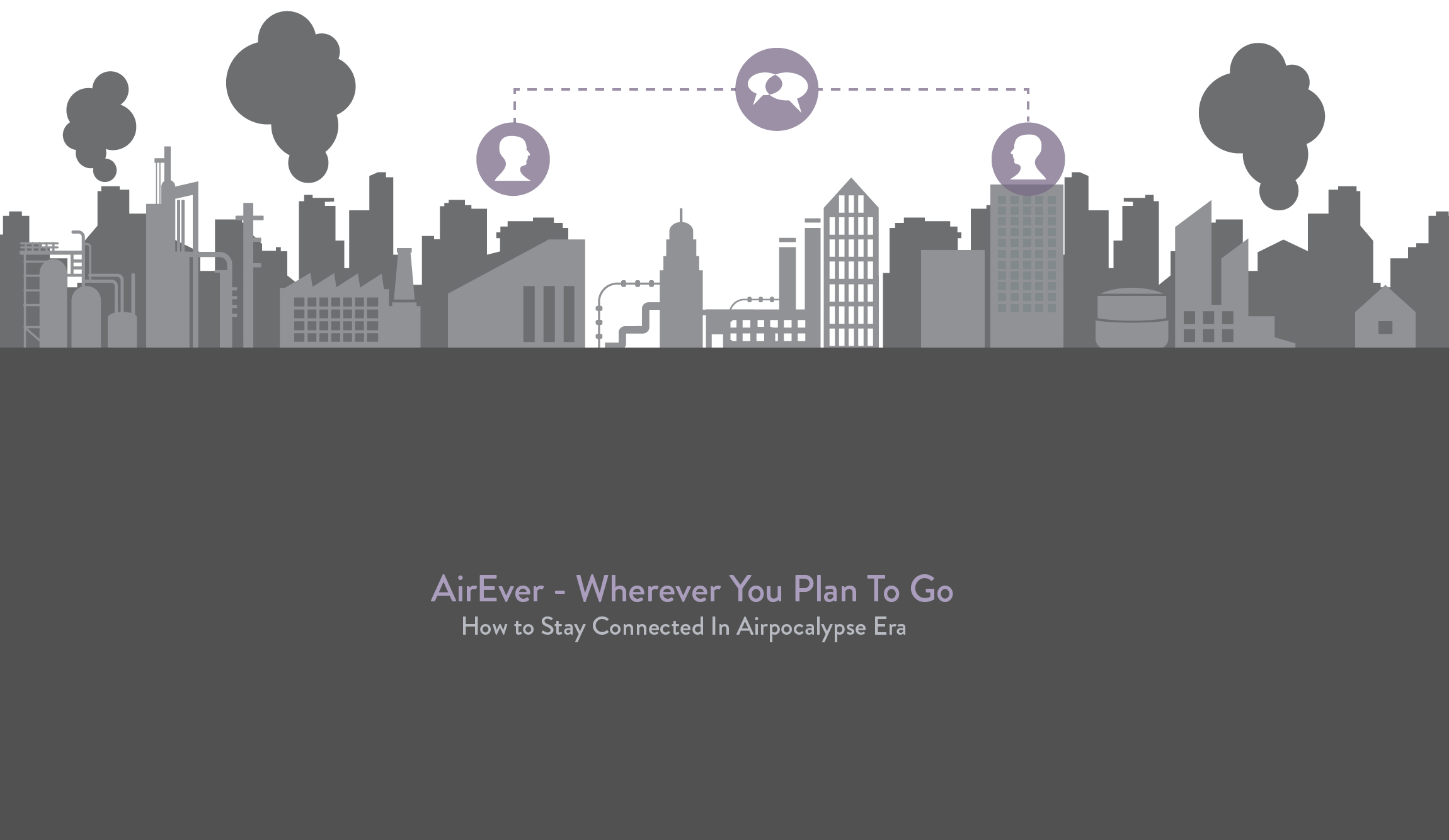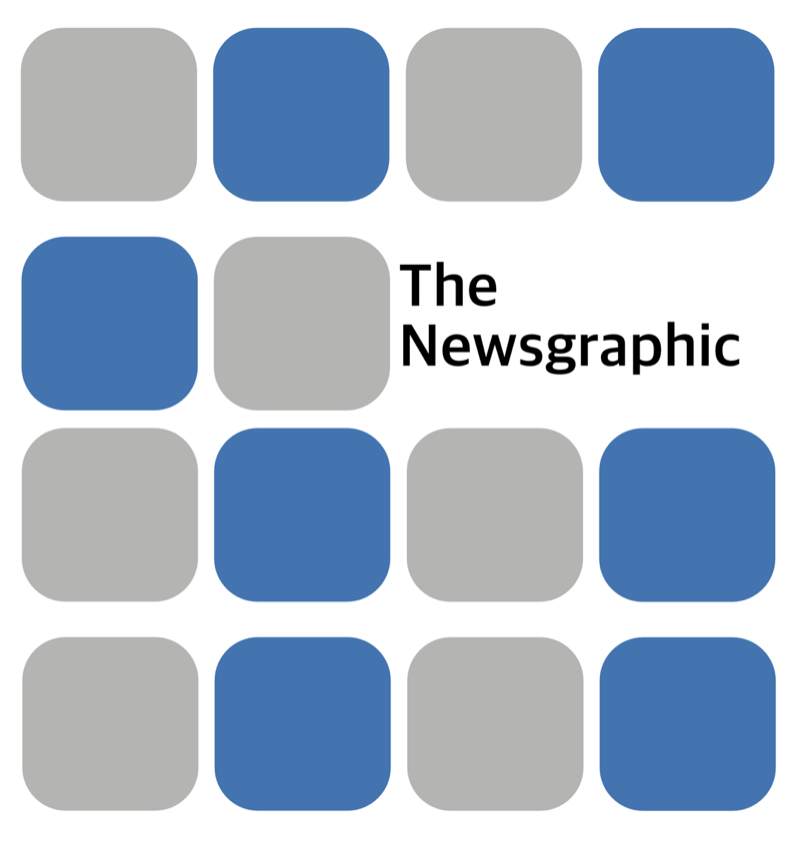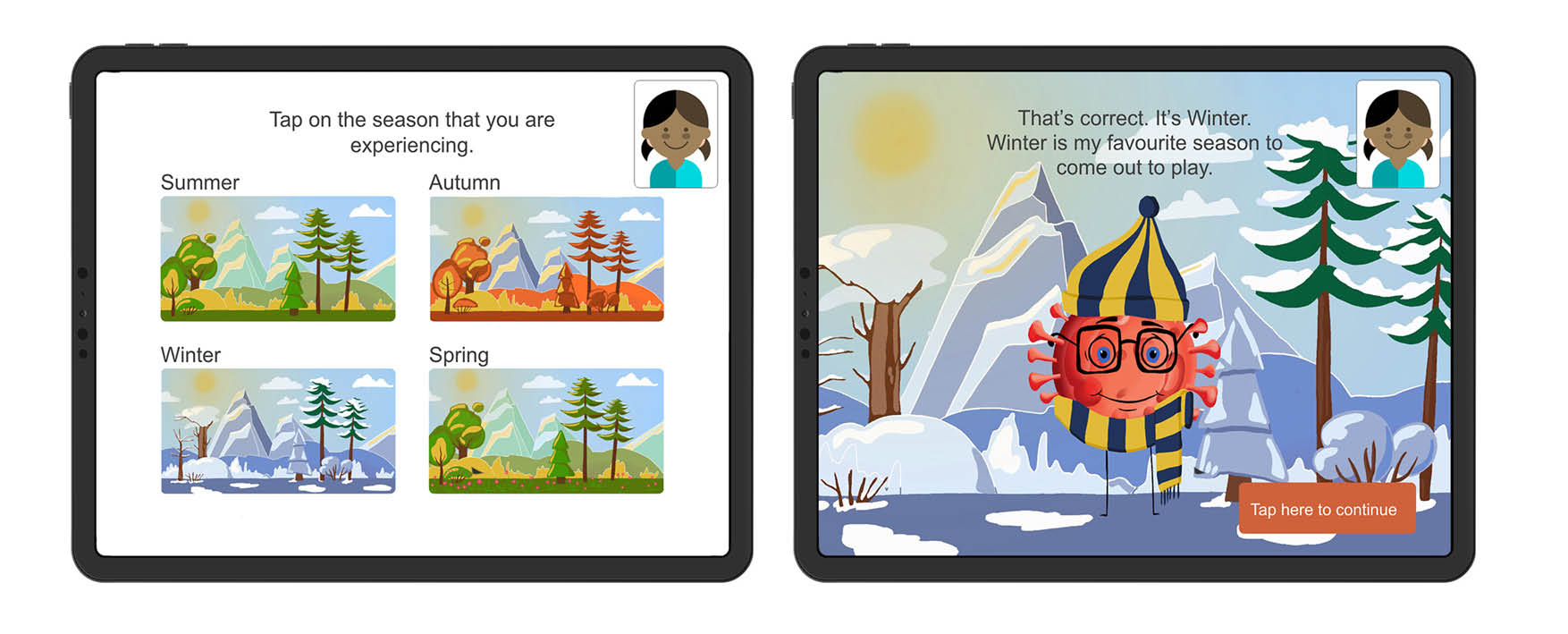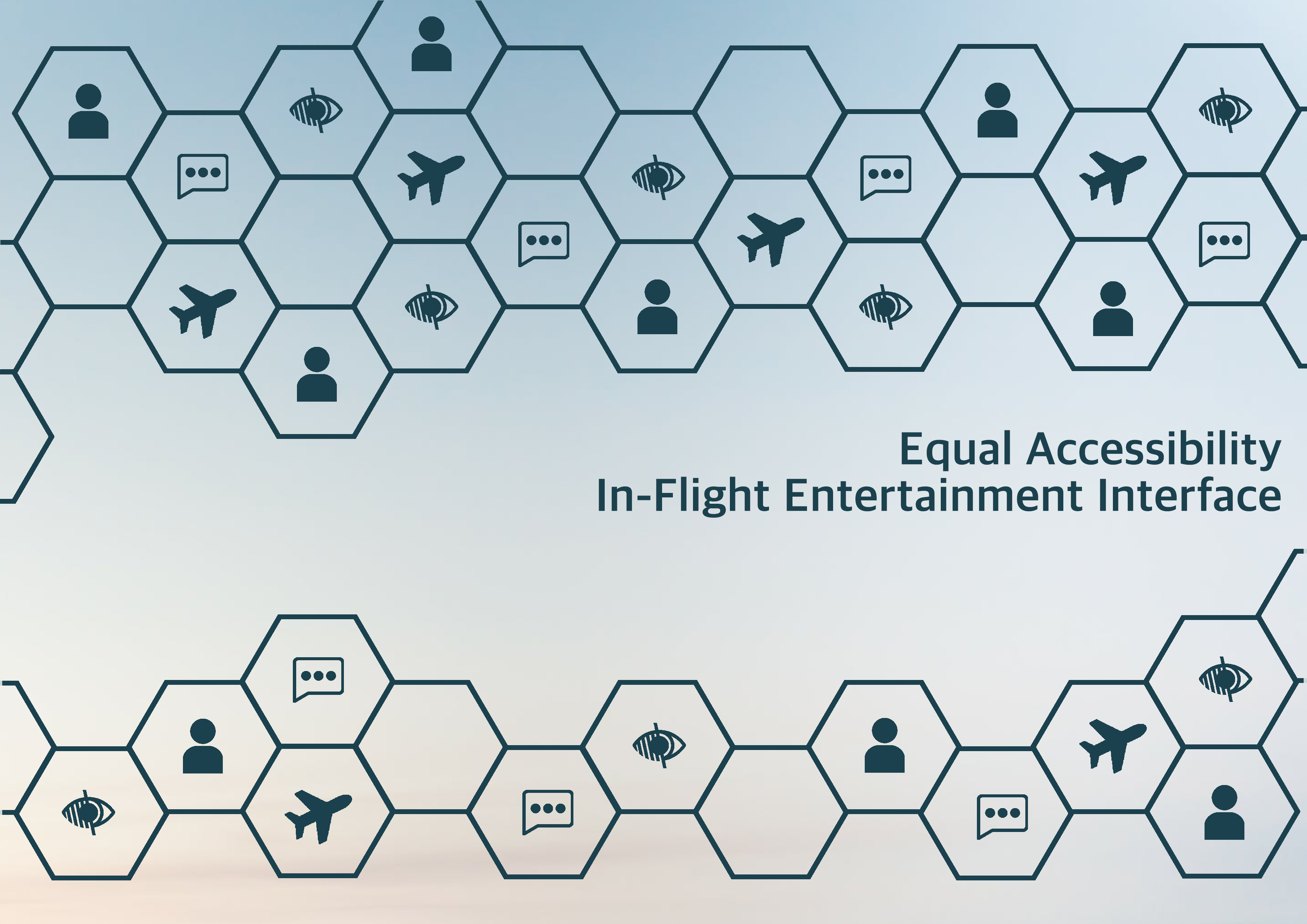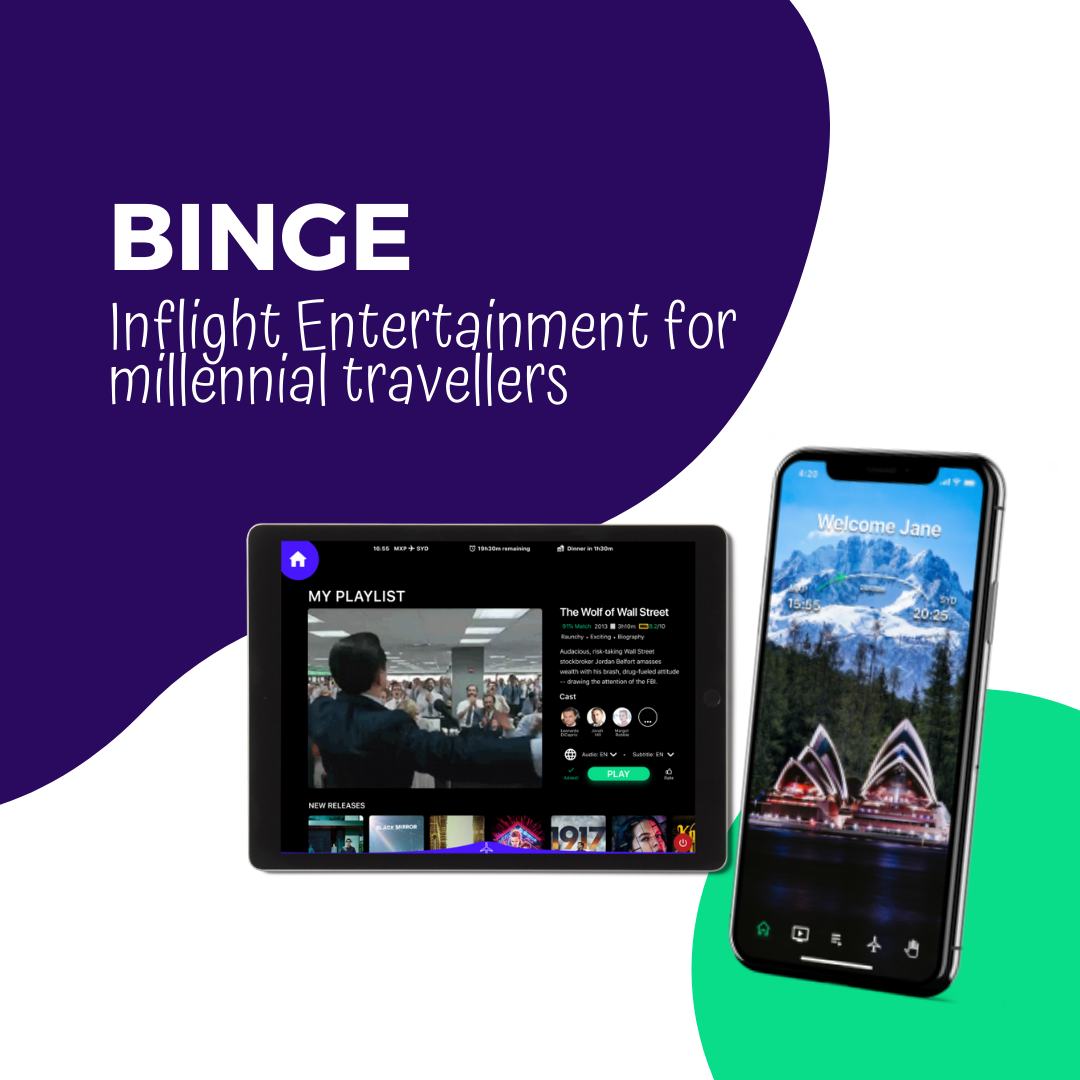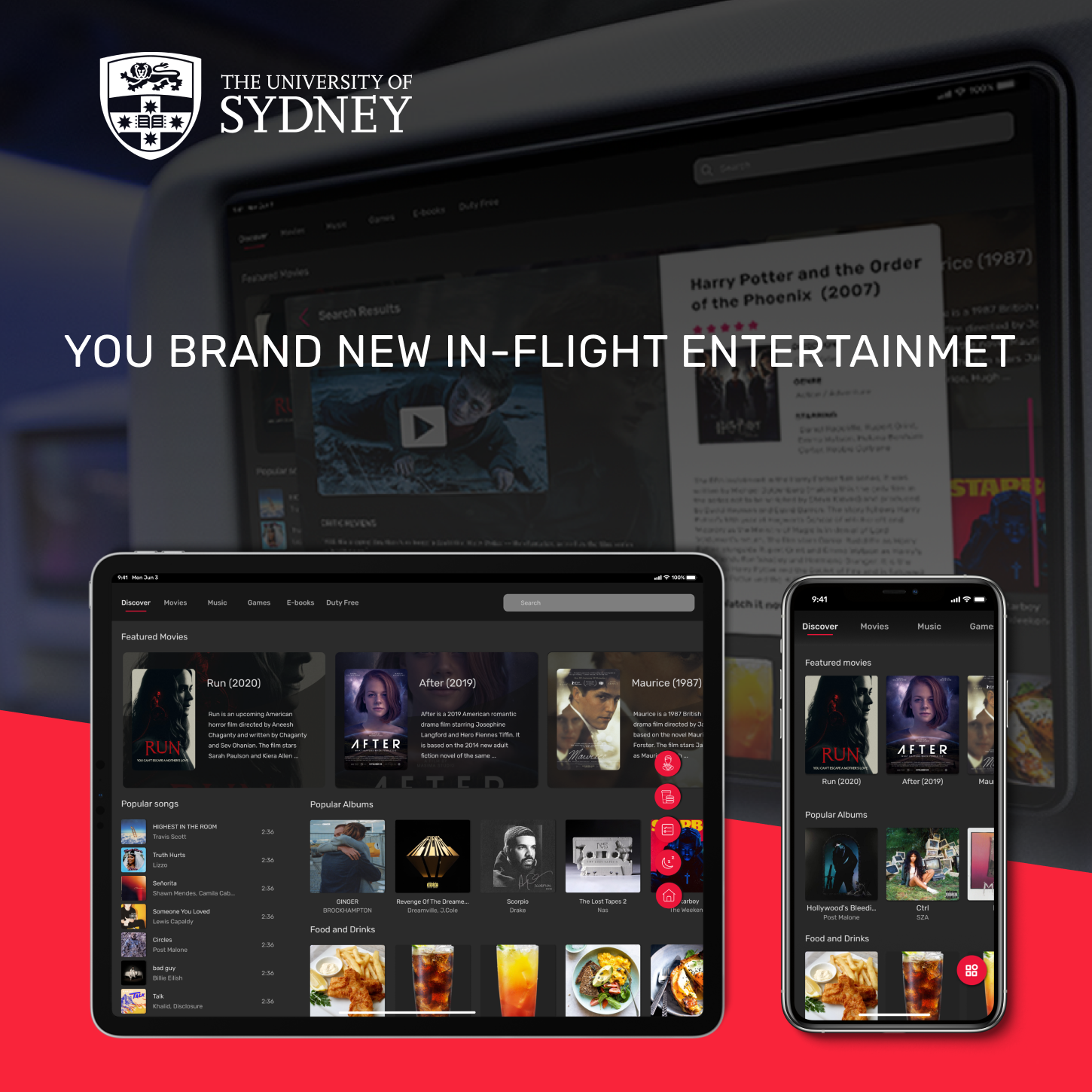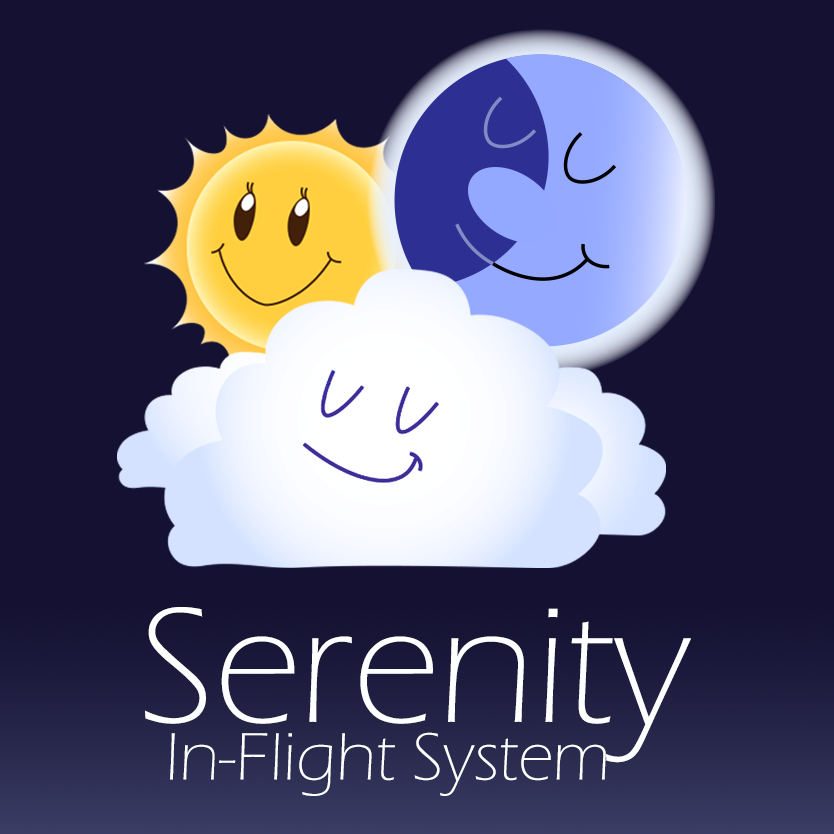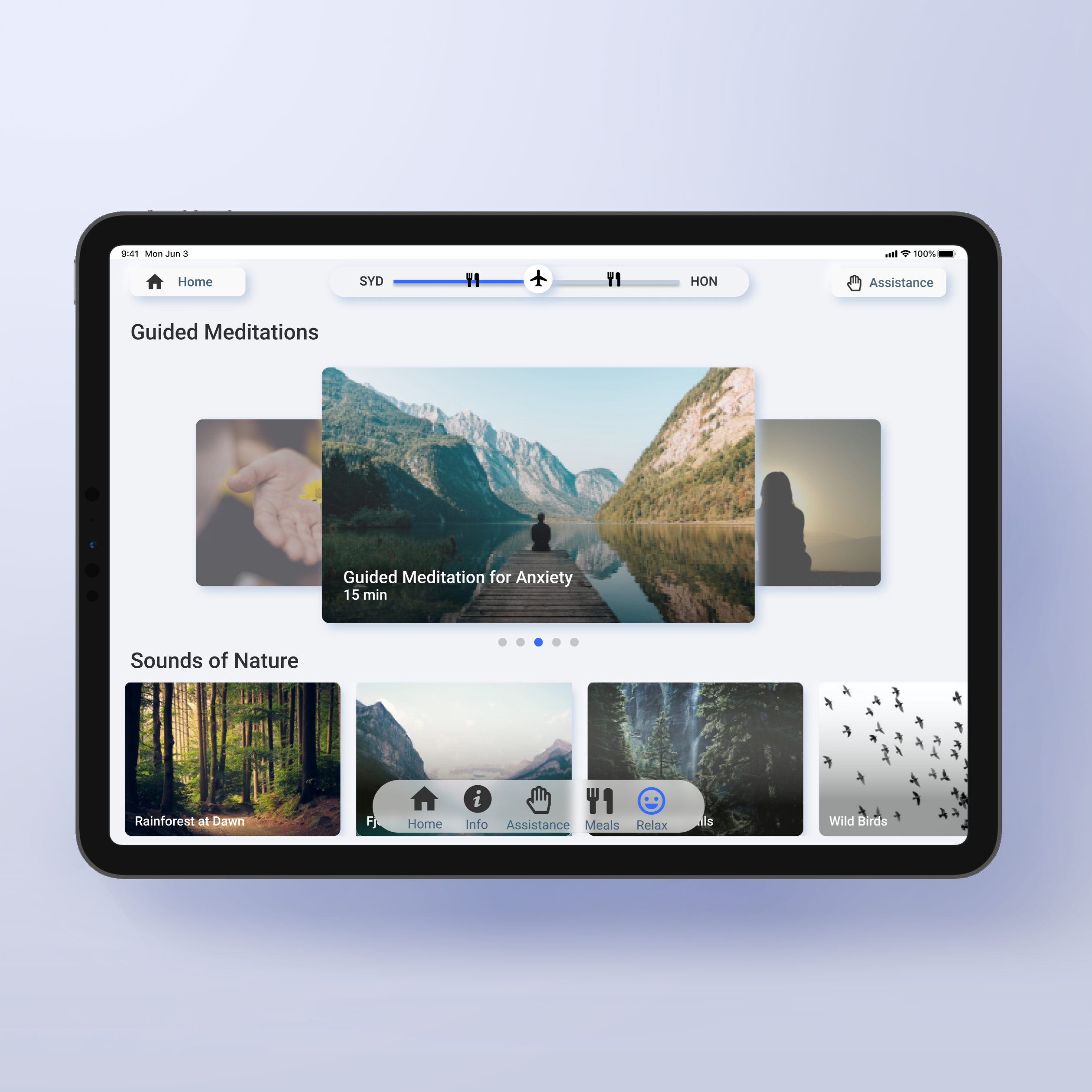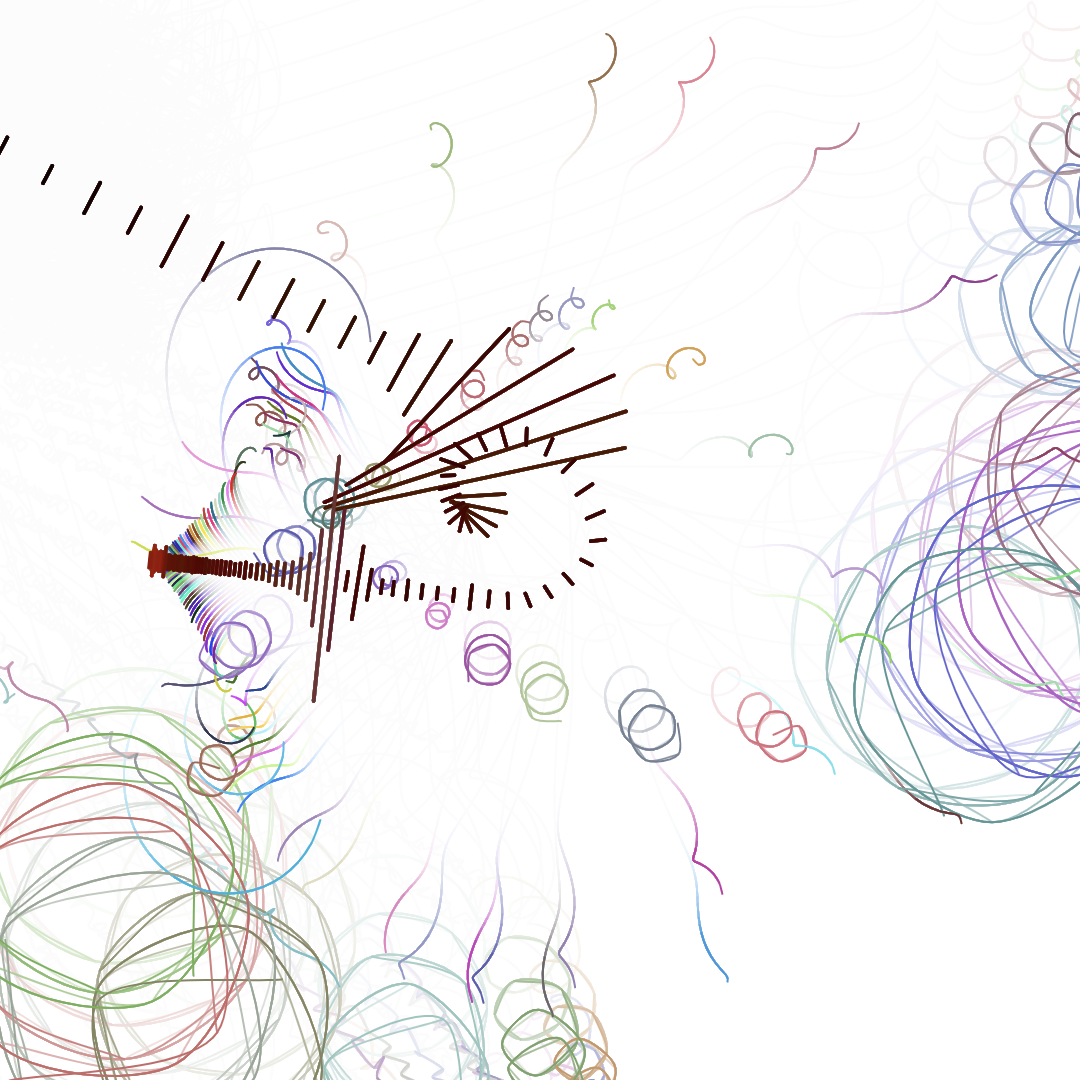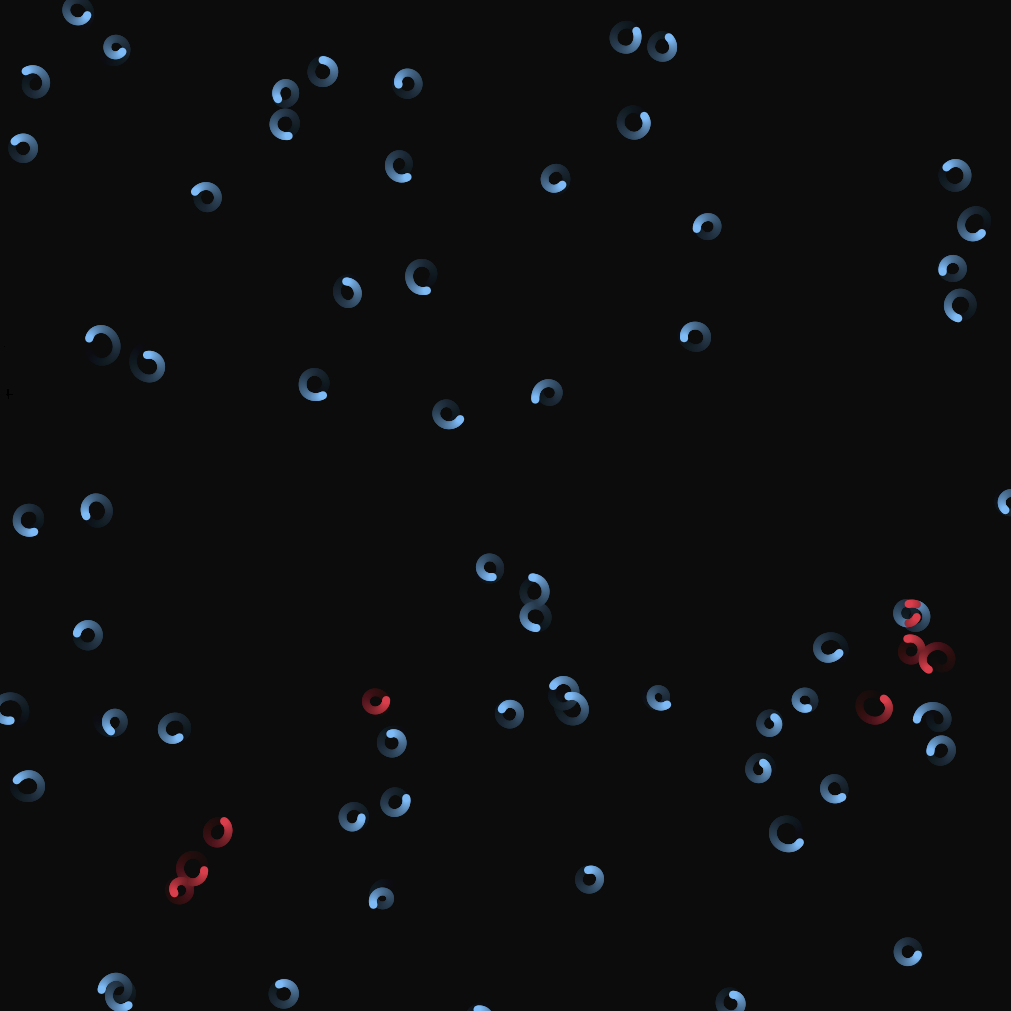Student Works
Graduation Studio | Capstone Research | IDEA Studio+Lab | Design Thinking | Interface Design | Design Programming
Graduation Studio
Learning difficulties are disorders that can affect how people listen, speak, read, write, reasoning, or mathematical skills. Learning difficulties change the way people communicate, retain information, and undertake work of leisure activities. There is a potential for technology interventions to guide them through a society designed for the nondisabled.
In groups of 1 to 3, students explored and developed a design solution for learning difficulties for a target user group.
Students presented to three occupational therapists: Dr. Kim Bulkeley and Dr. Ryan Chen from the Faculty of Medicine and Health and Laura Simmons, CEO and Founder of Theratrak.
For more information please visit: https://www.sydney.edu.au/units/IDEA9301
Teaching Staff

Coordinator
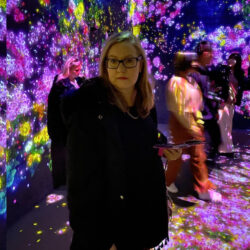
Tutor
Selected Projects
Capstone Research
Research is the pursuit of new knowledge. Design research puts the work of design at the heart of the research enquiry. This semester students undertook an independent research project on topics as diverse as designing emotional expression in urban ludic robots, digital design tools for non-design professionals, designing for non-human stakeholders, rethinking accessibility standards through transient disabilities, interactive soundscape to support walking meditation, creating a movement-emotion-sound interface using open-source machine learning technologies, and biomimetic computational design for costume prosthetics!
For more information please visit: https://www.sydney.edu.au/units/IDEA9302
Teaching Staff
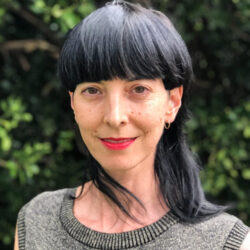
Coordinator
Selected Projects
IDEA Studio+Lab
The aim of the studio is to explore new interaction possibilities offered by emerging digital technologies through a design-led approach. Each studio is based around one or more design projects, which address a specialised area of study, supported by lectures and workshops to introduce the relevant theory, knowledge and design precedents. The specialised areas of study will vary from semester to semester, ranging for example from small-scale wearable devices to large-scale environments, and will reflect contemporary issues in interaction, art, design, culture and technology. The studio aims to develop the student’s conceptual design abilities together with their technical skills, within the framework of a highly creative, research-based and human-centred design process. Students will be expected to apply interaction design methodologies to their project work and follow a design-oriented approach to the development of hardware and software, through experimentation and iterative prototyping.
The Pilot Lights exhibition is the major output of the studio – find out about it here.
For more information please visit: https://www.sydney.edu.au/units/IDEA9102
https://www.sydney.edu.au/units/IDEA9101
Teaching Staff

Coordinator

Tutor

Tutor

Tutor

Tutor
Selected Projects
Design Thinking
This unit of study provides an introduction to design methods and their application in a human-centred design process. The unit structure follows the stages of a typical design process, which are: define, understand, ideate, prototype, evaluate and reflect. A series of lectures and tutorial sessions are dedicated to each of these stages, allowing students to gain a deep understanding of and experience with design thinking methods. Students will learn how to balance convergent and divergent thinking at various stages throughout the design process, and how to use these methods to respond to a design brief requiring both analysis and synthesis.
For more information please visit: https://www.sydney.edu.au/units/IDEA9106
Semester Design Brief
This semester the design brief asked students to investigate a design solution focusing on issues around emergency responses. Using a human-centred approach students were asked to design an interactive digital solution that encourages people to participate in emergency responses before, during or after the event.
The final design solution should encourage people to engage and interact, rather than just providing a one-way digital information channel. Using digital and interactive technologies the aim was to create opportunities for a specific target user group to be involved in the emergency response process.
Students were encouraged to investigate issues around emergency responses and how that is communicated to people, such as:
• Vested political and commercial interests
• News reports that misrepresent the emergency
• Lack of credible and reliable information
• Post-recovery efforts
• How to prevent large-scale emergencies escalating
• Understand the impacts on society
• Supporting people and raising awareness
Teaching Staff

Coordinator

Tutor

Tutor

Tutor

Tutor

Tutor

Tutor

Tutor

Tutor

Tutor
Design thinking was supported by an experienced and excellent teaching team: Abhiruchi Chhikara; Ajit Pillai; David Lahoud; Stuti Kaushik; Wai Ko; Catalina Millan; Ryan Nguyen; Marcel Gemperle; Ben Lang
Selected Projects
Interface Design
This unit introduces students to the fundamentals of user interface design. Interface design is an important element of a human-centred design approach to the development of interactive computational systems. Students will learn about industry standard user interface design and usability principles and guidelines, based in visual design theory and visual perception. They will acquire practical knowledge through the application of tools and techniques for designing and evaluating user interfaces for a variety of different platforms. This includes (1) low-fidelity prototyping (hand sketches, wireframes, clickable prototypes); (2) usability testing and heuristics; (3) web and mobile user interfaces and/or emerging technologies. The aim is to develop appreciation of visual design principles and their impact on the user experience of interactive products. The knowledge and skills developed in this unit will equip students with the essential capabilities for working in the interaction design and user experience profession.
For more information please visit: https://www.sydney.edu.au/units/IDEA9105
Semester Design Brief
This semester students were focusing on designing an interactive interface for in-flight entertainment screens. Students were looking at both the entertainment screen and mobile devices that will be used by the passenger. During the semester, students applied design research methods introduced in class to guide a user-centred design process along with low- and high-fidelity interactive interface design prototypes.
Teaching Staff
Selected Projects
Design Programming
This unit provides an introduction to the development of software in design and the creative industries. It teaches an understanding of the fundamentals of computational thinking, as well as skills in the design and implementation of software for creative expression. It introduces students to tools for building interactive design prototypes that express their interaction design skills through programming. It covers knowledge of programming concepts; creative coding practices; and Javascript and the p5.js library. Key concepts covered in this unit include: variables, functions, control flows, and algorithmic thinking. Students learn how to approach creative expression through the medium of code, which will allow them to incorporate programming into their own design practice as well as to collaborate effectively with software developers. This unit is a foundational core unit in the Master of Interaction Design and Electronic Arts program.
For more information please visit: https://www.sydney.edu.au/units/IDEA9103
Semester Design Brief
Students were tasked with designing an Interactive Algorithmic System. The interaction model had to be web-friendly and the system needed emergent visual properties.
Teaching Staff

Coordinator

Tutor

Tutor

Tutor
Selected Projects
